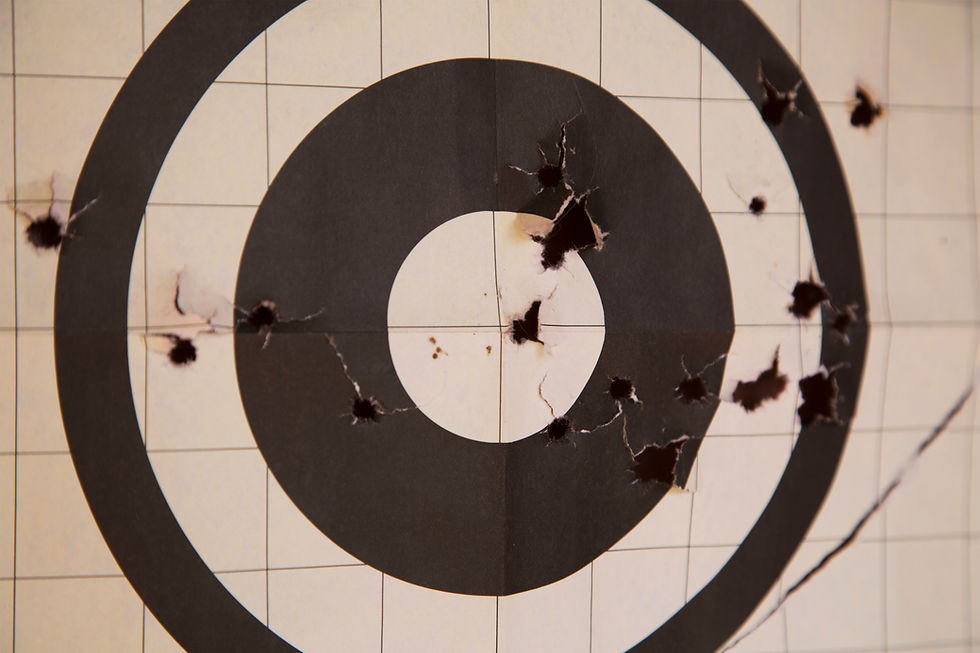A Day of Reflection and Hope: Insights from the Kent and Medway Suicide and Self-Harm Prevention Conference
- eross435
- Nov 27, 2024
- 2 min read
Yesterday, I had the opportunity to attend the annual Suicide and Self-Harm conference hosted by Kent and Medway Suicide Prevention Team. While the subject matter was undoubtedly heavy, it was also a day of profound learning, shared experiences, and renewed hope.
A Shared Burden
The conference began with a stark reminder: suicide and self-harm prevention is everyone's responsibility. For every life lost to suicide, 137 lives will be touched by the loss. This sobering statistic underscores the far-reaching impact of these tragedies.
Dr. Anjan Ghosh, Director of Public Health at Kent County Council, highlighted the complex factors contributing to the rise in suicide rates, including the ongoing effects of the pandemic, the cost-of-living crisis, and the pervasive influence of social media on mental health.
Learning from Experts and Survivors
Throughout the day, I was inspired by the insightful presentations and powerful testimonies from a range of experts and survivors.
The Impact of Domestic Abuse: Tim Woodhouse, Suicide Prevention Programme Manager, shed light on the strong correlation between domestic abuse and suicide. The personal stories shared by survivors were both heart-breaking and empowering.
The Railway's Role in Prevention: Collette Windsor from Southeastern Railways revealed the alarming number of suicide attempts on their lines. The dedication of railway staff and organisations like Samaritans in intervening and offering support is truly commendable. 626 suicidal presentations since just April this year is a figure that sticks with me.
The Power of Conversation: Steve Barnard from Talk Club captivated the audience with his honest account of his own mental health struggles. He emphasised the importance of open and honest conversations, and human connection, encouraging us to check in with others and ask the simple question, "How are you, out of 10?"
Advocating for Neurodiversity: Tristan Kluibenschadl, Director and Co-Founder of STAK life, shared his family's experiences with the challenges faced by autistic young people. His passionate advocacy for better support and understanding for neurodivergent people was truly inspiring. A reminder that our words are powerful and the hurt that can be caused by misuse of that power can have devastating effects.
A Collective Effort for Change
The conference was a powerful reminder that we must work together to address the complex issues surrounding suicide and self-harm. By raising awareness, challenging stigma, and providing support, we can make a real difference.
As I reflect on the day, I feel a renewed sense of hope. The dedication of the individuals and organisations working in this field is truly inspiring. I am grateful for the opportunity to have attended this conference and to have learned from so many experts and survivors. Together, we can create a future where suicide and self-harm is not a taboo subject, death by suicide and self-harm is reduced, and we can re-build our 'villages' to support the most vulnerable in our communities. It will take a colossal effort but the hope for that was felt in the room yesterday.

The image above is of me holding the Baton of Hope and I can’t wait to see it come through our beautiful county next year as part of the 2025 tour to raise awareness about suicide prevention across the country.
Elouise Ross, Head of Collaboration




Comments